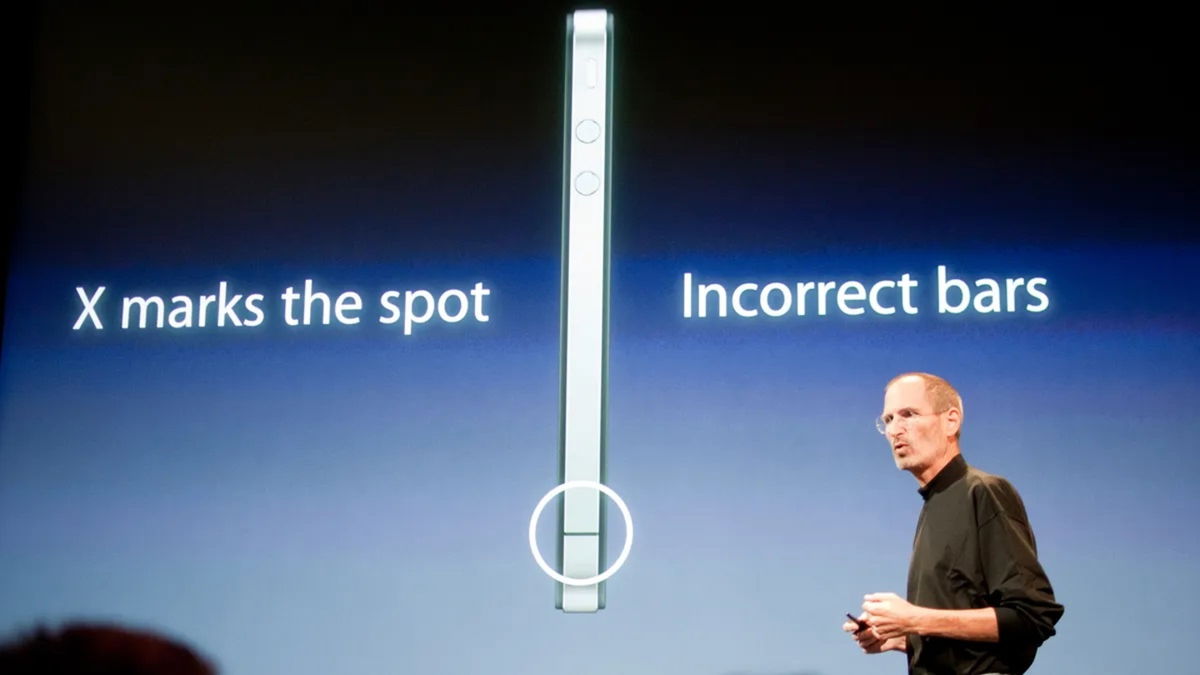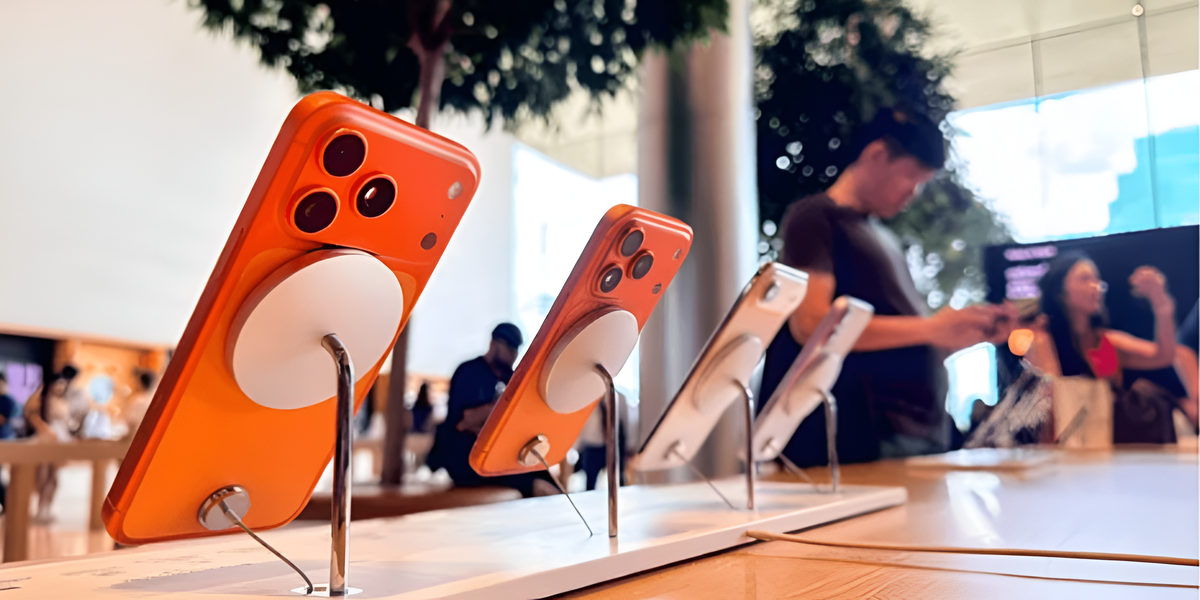Samsung Electronics today announced the development of the industry’s first LPDDR5X memory, which supports industry-leading performance of up to 10.7 gigabits per second (Gbps).
Using a 12 nanometer (nm)-class process technology, the Korean company has achieved the smallest chip size among existing LPDDRs, strengthening its technology leadership in the low-power DRAM market.
“As demand for low-power and high-performance memory increases, LPDDR DRAM is expected to expand its predominantly mobile applications to other areas that traditionally require higher performance and reliability, such as PCs, accelerators, servers and automotive,” YongChol said. Bay, executive vice president of memory product planning for Samsung Electronics’ memory division. “Samsung will continue to innovate and deliver products optimized for the next era of on-device AI through close collaboration with customers.”
With the advent of artificial intelligence applications, on-device AI that enables direct data processing on mobile phones is becoming increasingly important, highlighting the need for high-performance, low-power LPDDR memory.
Samsung’s 10.7Gbps LPDDR5X not only improves performance by more than 25% and capacity by more than 30% over the previous generation, but also increases the capacity of a single mobile DRAM package to 32 gigabytes (GB), making its optimal. a solution for the on-device AI era that requires high-performance, high-capacity, low-power memory.
In particular, LPDDR5X includes specialized power-saving technologies such as optimized power ramping, which adjusts power according to the workload, and extended low-power mode intervals, which extend power-saving periods. These improvements improve energy efficiency by 25% over the previous generation, enabling mobile devices to achieve longer battery life and servers to minimize total cost of ownership (TCO) by reducing data processing power consumption.
Volume production of 10.7Gbps LPDDR5X is scheduled to begin in the second half of the year following validation by mobile application processor (AP) and mobile device suppliers.
Source: Digital Trends












